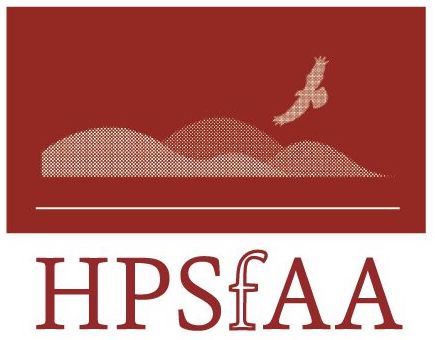  
 
The High Plains Society for Applied Anthropology |
|
Insularity versus Partnership: Linking the Economics and the Sociology of Involuntary Resettlement
Michael M. Cernea1
The primary goal of any involuntary resettlement process is to prevent the risks of impoverishment from becoming reality and to improve the livelihood of resettlers. To do this, governments and technical agencies must understand the economics of dispossession, impoverishment, and recovery and plan for sustainable growth at the relocation site. Displaced populations face a specific set of risks. These atypical risks are not addressed in routine project economic risk analysis. Robust empirical evidence has shown that, in most cases, these overlooked and little understood risks result in cumulated deprivations and severe impoverishment.
A more direct “involvement” of economics in studying the social and economic dimensions and effects of involuntary population resettlement is long overdue. The current broad policy and intellectual debate about reorienting the development paradigm toward social inclusion and social development generally requires a much better integration of economic and social knowledge. In addressing resettlement – an important challenge faced by many current and forthcoming developments programs – it is necessary for a novel "economics of recovery and development", to replace the long outdated "economics of compensation" that still guides the majority of resettlement operations. Developing such a novel "economics of recovery" demands a much closer intellectual and operational partnership than currently exists among economists, anthropologists, sociologists, and technical specialists.
High Plains Applied Anthropologist No. 1, Vol. 20, Spring, 2000 pp 1 – 5<Get PDF>
Back To List of Previous Issues